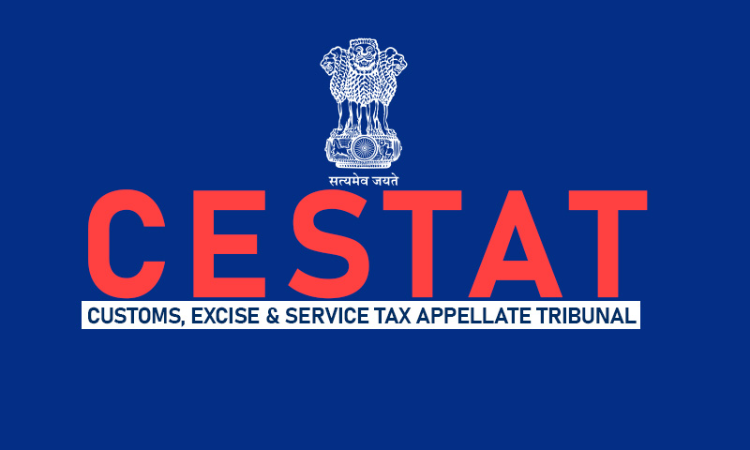The Mumbai Bench of Customs, Excise, and Service Tax Appellate Tribunal (CESTAT) has quashed the service tax demand on costs towards advertisements for clients in newspapers and magazines.The bench of Suvendu Kumar Pati (Judicial Member) and Anil G. Shakkarwar (Technical Member) has observed that the service provider should be providing more than one service, and when one of the services...

